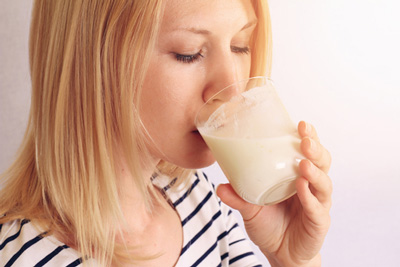Scientists call for a beverage hydration index
- Like
- Digg
- Del
- Tumblr
- VKontakte
- Buffer
- Love This
- Odnoklassniki
- Meneame
- Blogger
- Amazon
- Yahoo Mail
- Gmail
- AOL
- Newsvine
- HackerNews
- Evernote
- MySpace
- Mail.ru
- Viadeo
- Line
- Comments
- Yummly
- SMS
- Viber
- Telegram
- Subscribe
- Skype
- Facebook Messenger
- Kakao
- LiveJournal
- Yammer
- Edgar
- Fintel
- Mix
- Instapaper
- Copy Link
Posted: 1 June 2016 | Victoria White, Digital Content Producer | No comments yet
Scientists are calling for the creation of a beverage hydration index to help people understand how different drinks can keep you hydrated…


Scientists are calling for the creation of a beverage hydration index to help people understand how different drinks can keep you hydrated.


A recent research trial which tested the effects of 13 commonly consumed drinks on urine output and fluid balance, found several fluids were retained in the body for the same time, or longer, than water.
Dr Stuart Galloway of the Health and Exercise Sciences Research Group at the University of Stirling, commented: “We set out to establish how various fluids affect people’s hydration levels on a daily basis. However, we have also helped bust some myths around dehydration that occurs following ingestion of certain drinks, at least when taken in moderate volumes.”
Professor Neil Walsh of Bangor University, explained: “Many people believe that drinking fluids such as tea and coffee causes them to become dehydrated but we found that when drunk in normal amounts and frequency these drinks do not stimulate any additional fluid loss compared to drinking water.”
Milk helped people retain a third of fluid consumed
Participants consumed one litre of liquid over a 30 minute period and researchers collected urine output for the subsequent four hours to monitor body salt balance and establish which fluids were retained in the body for longest.
The liquids consumed included still water, fizzy water, whole milk, skimmed milk, cola, diet cola, hot tea, cold tea, coffee, lager, orange juice, an oral rehydration solution, and a sports drink.
Dr Galloway added: “In our trial drinking milk or an oral hydration solution helped people retain a third of fluid they consumed over a two hour follow-up period and remain hydrated for over four hours.
“If this was indexed next to water and other drinks, it may help people make a better decision about the fluids they consume. In particular, this applies to people who want to stay hydrated but are unable to take frequent toilet breaks, or do not have regular access to fluids throughout their day.”




